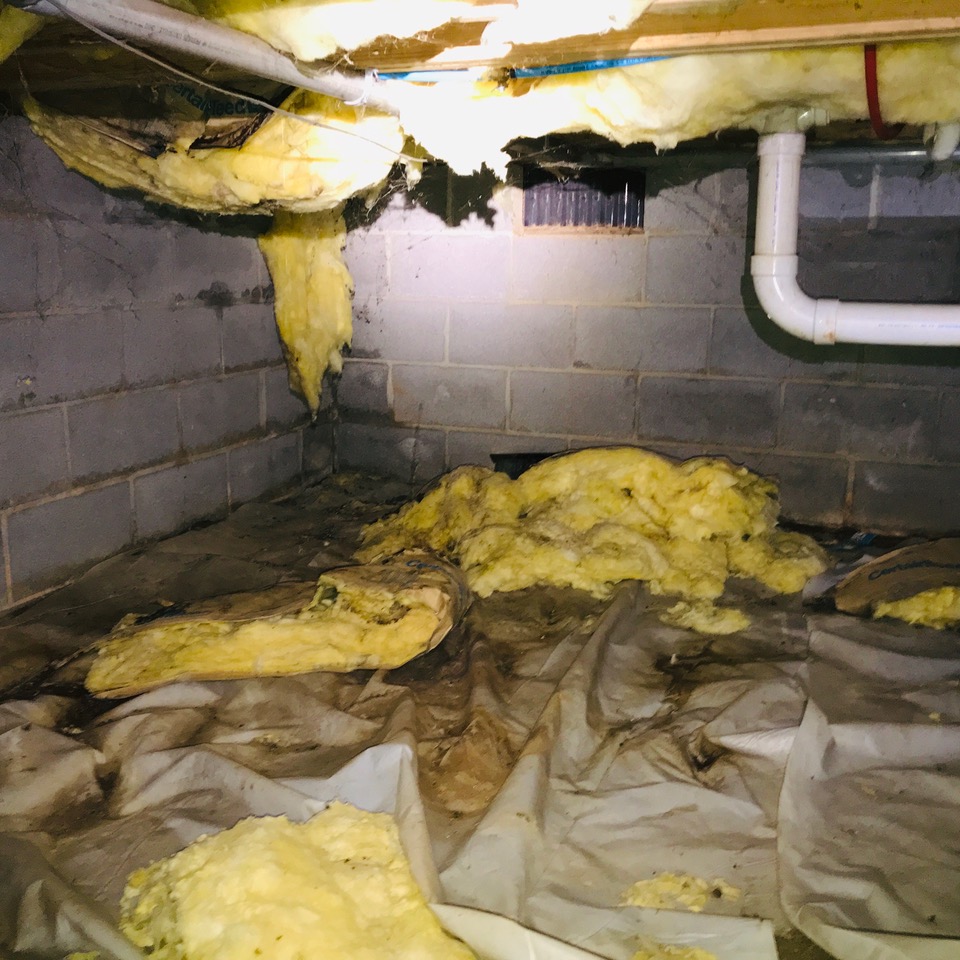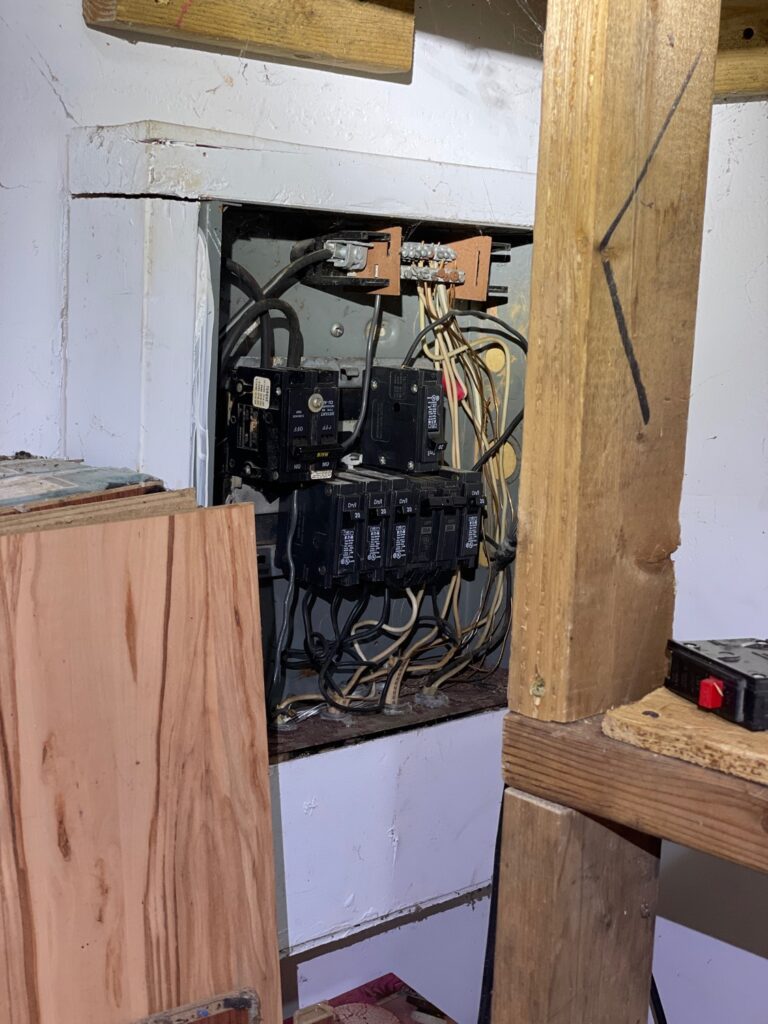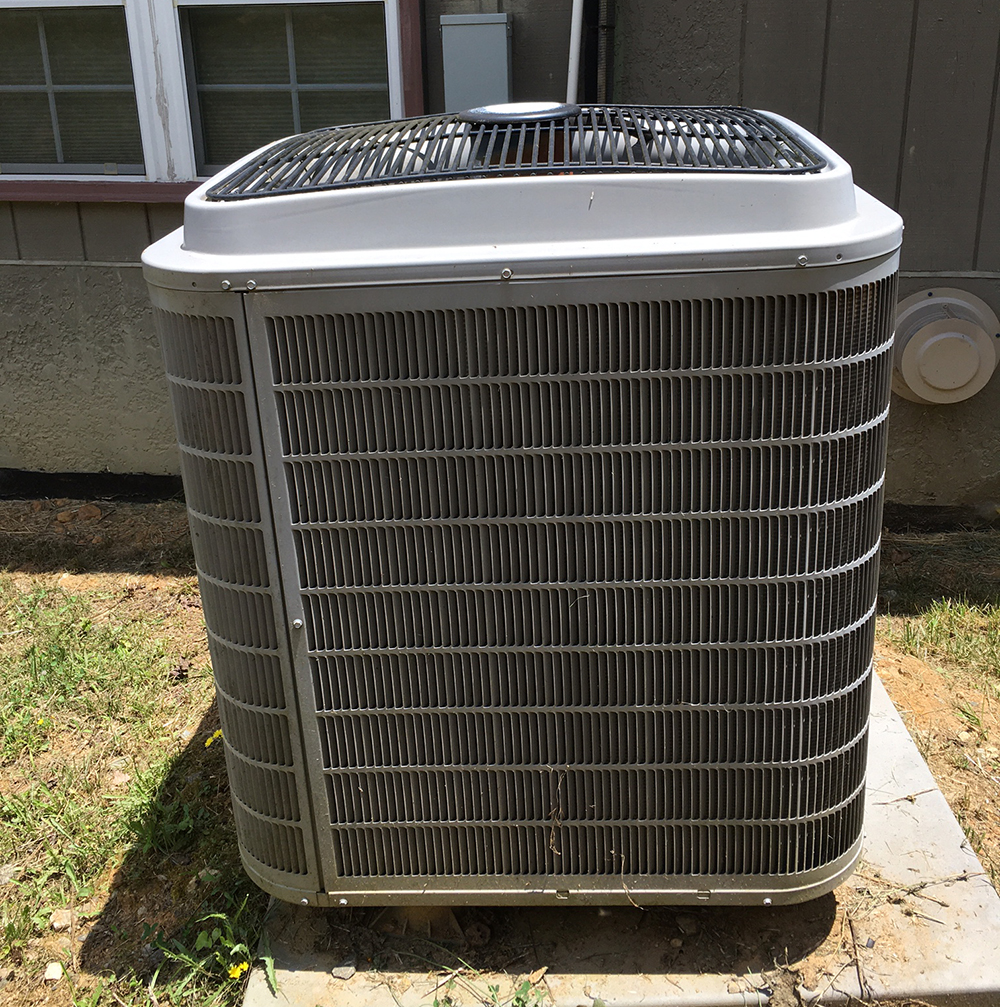
The housing market goes on day after day, year after year, with an impressive success record. The National Association of Realtors (NAR) reports only about one in 20 real estate transactions is not completed. A small part of these don’t reach successful closing due to problems unearthed during home inspections. These are not the fault of the inspection or the inspector, but are due to serious issues with the homes themselves.
Home inspections are an essential part of any home buying transaction. They are usually paid for by the buyer. Please note that homes cannot “fail” an inspection (see our July, 2019 blog). However, an inspection may reveal unexpected problems, which (if serious enough) can kill the deal. More often, home inspection issues lead to negotiations in which the seller agrees to pay for repairs or adjusts the selling price to account for needed repairs. Without some wiggle room, deals may fail to reach completion.
So, let’s take a look at what happens after a home inspection.
Caveat emptor (let the buyer beware)

A small percentage of home buyers (about 5%) waive their right to a home inspection. This is not a good idea.
Even if you’re purchasing a home “as is,” it is best to know what you’re getting into before signing on the dotted line. Otherwise, you may be in for a world of hurt, like the young couple in the Tom Hanks/Shelly Long movie, The Money Pit.
Well, okay, that’s a bit extreme. But keep in mind that in North Carolina, sellers are under no obligation to disclose anything not requested. That makes it risky to buy a house that’s for sale by owner. Conversely, realtors are required to disclose known defects. However, in either case, a home inspection is critical.
No home is perfect, not even newly-build ones, so don’t expect an inspection report that doesn’t uncover a few problems. Think of a home inspection as a way for buyers and sellers to get a realistic look at a home’s current state while bringing to light any problems that might need fixing in order to close the sale.
For buyers, an inspection can bring some peace of mind in knowing no big surprises are in store. For sellers, an inspection can help set a realistic selling price on the house. That’s just one reason that many buyers opt for a home inspection prior to putting their house on the market.
A look under the hood

There’s no “one size fits all” home inspection. Different inspectors may focus on different areas, but there are a number of items generally covered in a home inspection.
These include a home’s major components – in essence, the things that hold a house together – and other items that are considered essential.
Here’s what most home inspections cover:
- Roof
- Attic (with visible insulation)
- Walls
- Ceilings
- Floors
- Windows
- Doors
- HVAC
- Plumbing
- Optional septic inspection (recommended to avoid costly surprises)
- Appliances
- Electrical system
- Foundation
- Basement
- Structural components
What happens if problems are found?

The majority of problems revealed by home inspections are minor. A good rule of thumb is that if the repair costs less than the price of the home inspection, it’s best to just let it go, especially in a seller’s market. Asheville is still a strong seller’s market, even if this past year has shown a bit of cooling down.
So don’t sweat the small stuff. You may have to foot the bill for regrouting the bathtub if the seller won’t do it or adjust the price for it. It’s just the nature of the beast in today’s market.
The real issues are those relating to safety or the home’s structure. For example, if an inspection reveals a serious electrical hazard in the main junction box, this must be addressed before proceeding with the sale. It’s perfectly reasonable for the buyer to ask the seller to fix this problem. Likewise, if an inspection report reveals serious structural issues, this would be the seller’s responsibility to fix it.
If the seller refuses, the buyer can walk away from the deal. However, it is in the best interest of both buyer and seller to come to a mutually satisfying deal.
If a seller wants to make a quicker sale, or lacks the money to make repairs, the house may be sold “as is.” An “as is” home typically sells for less, and may have fewer offers, since lenders won’t approve loans on homes with notable problems. So if you’re buying an “as is” home, an inspection is a must.
What’s next for sellers when inspections reveal serious issues?
In reality, sellers are under no obligation to make any repairs. However, FHA and VA lenders mandate repairs in the following areas:
- HVAC issues
- Structural issues
- Water damage
- Roof damage
- Electrical defects
- Plumbing issues
- Insect and pest infestations
If the seller refuses these repairs, the deal can fall through and the home may go back on the market. However, this isn’t too likely, since these same issues will arise the next time around.
Counterpoint? Or was that “counter-offer?”

The seller may decide to make a counter-offer, fixing any serious problems, but denying smaller issues. In a seller’s market, buyers will have to give up asking the seller to repair any of these items:
- Minor electrical issues, such as a faulty dimmer or cracked switch plates
- Cosmetic flaws, such as a chipped tile on the bathroom floor
- Appliances
- Window treatments
- Minor walkway or driveway cracksRepairs less than $100
If the seller makes a counter offer, the buyer generally has a few days in which to agree or terminate the sale. If an agreement is reached, there will need to be an amendment to the contract that spells out the repairs to which the buyer has agreed. Then the seller will begin the process of making the repairs.
Sometimes repairs can’t be made before the buyer takes possession. In that case, the repairs are made as soon as possible and paid for by the seller. Most of the time, this involves an escrow agreement between the seller and the buyer.
Giving credit where credit is due
In many cases, sellers may offer a credit on the home purchase price for the cost of repairs. For example, if a roof repair is going to cost $6,000, the seller reduces the sale price by $6,000. Then the buyer can use a home equity line to pay for the repair and even save a bit in taxes for the interest payments.
The bottom line: Home inspections can lead to a flurry of activity and negotiations between seller and buyer. However, you should not even consider engaging in a home transaction without getting an inspection first.
Buying or selling a home?
Avoid unpleasant surprises! Contact Asheville Home Inspector Peter Young before signing any contracts. Call (828) 808-4980, or click here to make an appointment.